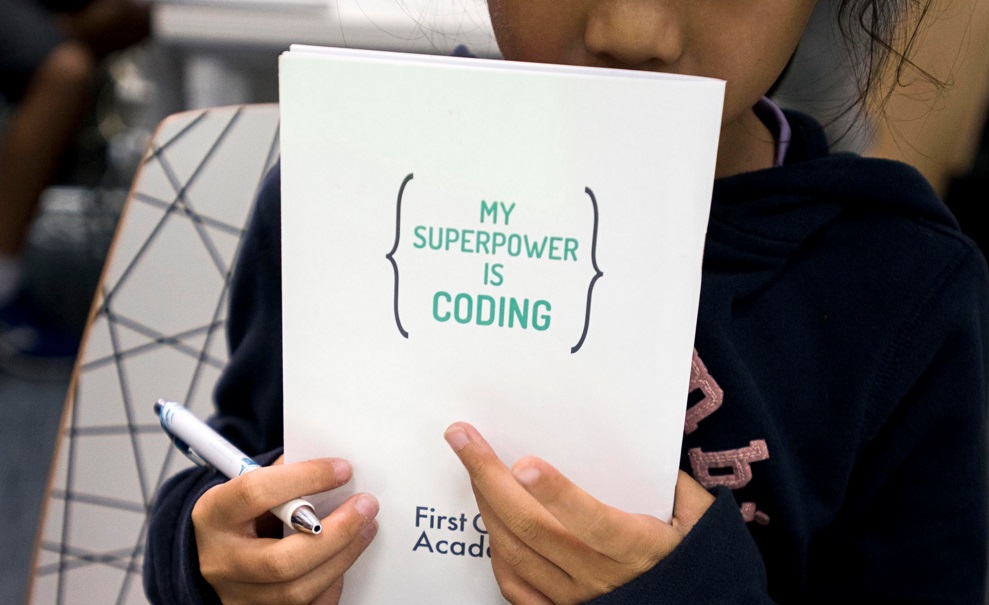Russia Occupies Top Position In Programming Olympics; The US Struggling With Lower Ranks

Short Bytes: Russian students claimed the top position in Computer Programming Olympics hosted during May 20-26 in South Dakota. It has been on the top since 2012. While America is struggling with the lower digits; they express no surprise for their results. The whole agenda goes down to whether computer programming classes be started earlier in a student’s life?
Before jumping directly on to the news, let’s take a minute to rethink about the question of “coding at an early age,” we have quite a few times highlighted in our previous blog posts.Should coding be taught from primary school? Should it be made a compulsory subject? The answer to this is plain. You will follow it from the story.
Alexander Iversion, 20, was one such student in his class who knew subtraction and order of operations while he was just in junior school. However, Alexander’s intelligence was never appreciated because his methods never followed his teacher’s method.
Alexander recalled this memory in a phone interview with Salon after the Olympics. Right now 20, he is a computer science student at a South Dakota School of Mines and Technology. He recently competed in a collegiate ‘Olympics of Computer Programming.’
Alexander’s experience is a reflection of the problem of mathematics and computer science education in America. And this problem became apparent on 41st Annual International Collegiate Programming Contest World Finals held in South Dakota.
Around 400 of the world’s top young computer programmers took part in this collegiate. A total of 133 teams each of three members from 44 countries competed from 9 am to 2 pm. The teams had already cleared the preliminary rounds to come to this final round.
The result was announced at 5 pm. The first position was bagged by a Russian team from the St. Petersburg National Research University for Information Technologies, Mechanics and Optics. The team solved 10 questions in the shortest time. It was Russia’s fourth win since 2012.
University of Warsaw, Seoul National University, St. Petersburg State University, Moscow Institute of Physics and Technology also solved 10 problems. But overall, the top 9 positions out of 14 were occupied by Russian or Chinese schools.
Alexander and his teammates were completely unsurprised by their result or whole of America’s result.
Iversion indirectly emphasized that education can not just be gained in class. It has to be explored. It requires self-exploration. Iversion and his teammate also said that they never were taught computer programming. There was no course as such.
Both of these young computer programmers firmly believe that the only reason Russia and China were at the top was because coding is taught much earlier there.
What does that mean now? Where is the conclusion heading? Does it mean that Japan, China, and Canada have taken the right step in introducing coding into the curriculum of primary school?
Yes, obviously, isn’t it? What do you think?
Also Read: Which Country Has The Best Computer Programmers And Developers?






